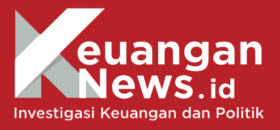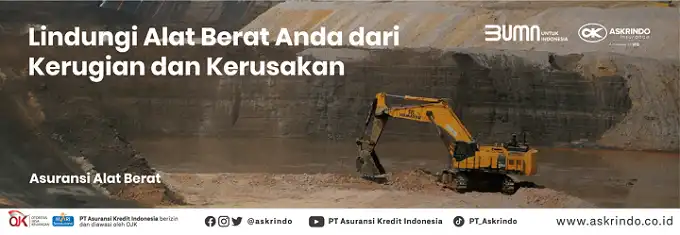KNews.id- A new presidential regulation permits the use of the budget to finance the rail project, either through a loan guarantee or a capital injection. “Like it or not, but we have to ask the government to participate in funding the project if we want it to be finished on time,” said a State Enterprise (SOE) Ministry spokesman.
Although Japan had spent two years conducting a feasibility study, China won the rail contract, not only with a clear financial inducement but also by dropping its demand for a sovereign risk guarantee.
“It’s the definition of a train wreck,” says one Jakarta-based business source familiar with the early beginnings of the project. “It wasn’t a good idea from the start because the route is too short for a fast rail unless it is planned to go all the way to Surabaya.”
Indonesia has a 60% stake in the PT Kereta Api Indonesia (KCIC) joint venture, comprising local partner PT Pilar Sinergo BUMN Indonesia (PSBI) and a Chinese consortium made up of China Railways International Co Ltd and four other companies.
Falling under the PSBI umbrella are four state enterprises, namely construction firm PT Wijaya Karta Tbk (38%), rail company PT Kereta Api Indonesia (25%), plantation owner PT Perkebunan Nusantara VIII (25%) and tollway operator PT Jasa Marga (12%).
Last month, in a sign of mounting financial problems, Wijaya Karta (WIKA) handed over its leadership role to Kereta Api (KAI), with the government injecting an additional $286.7 million into the venture from the 2022 State Budget.
KCIC officials said the funds would be specifically used to cover cost overruns caused by land purchases and the relocation of social and public facilities, such as electricity substations, water mains and fiber optic cables that were not foreseen during the planning stages.
But analysts find that difficult to understand when buying land, in particular, is often a major obstacle to public infrastructure projects, especially when it is outside the right-of-way and doesn’t qualify as eminent domain under the country’s 2012 Property Law.
The SOE ministry spokesman added to that litany of problems, blaming over-optimistic planning and poor management – and finally Covid-19, which he said had shrunk the budgets of other state construction companies involved in the project.
Officials are waiting for the Development Finance Comptroller (BPKP) to complete an audit of the project to determine how much the government will have to pay to save the rail link, which is designed to cut the current three-hour trip to 45 minutes. (Ade/asistrin)



